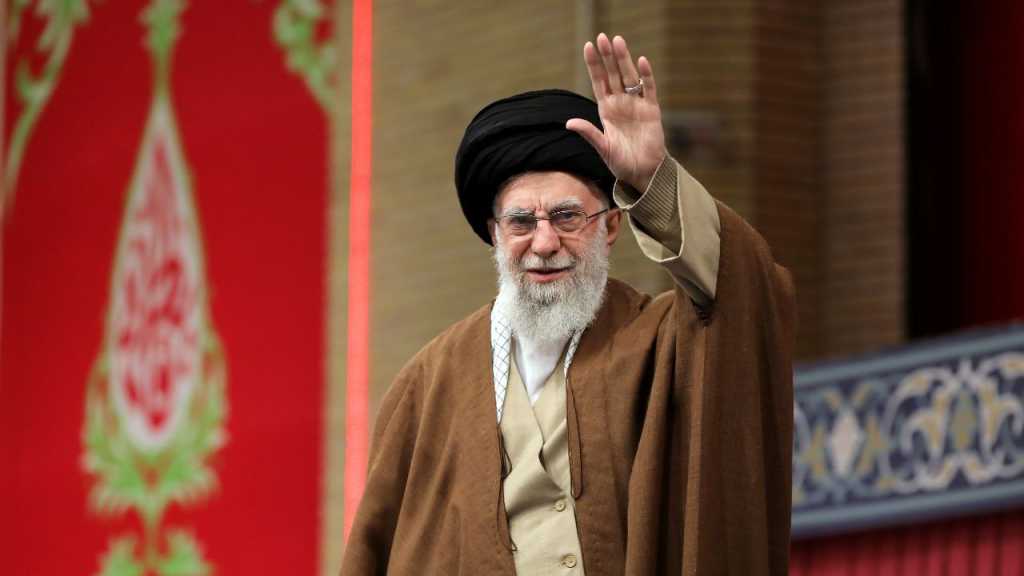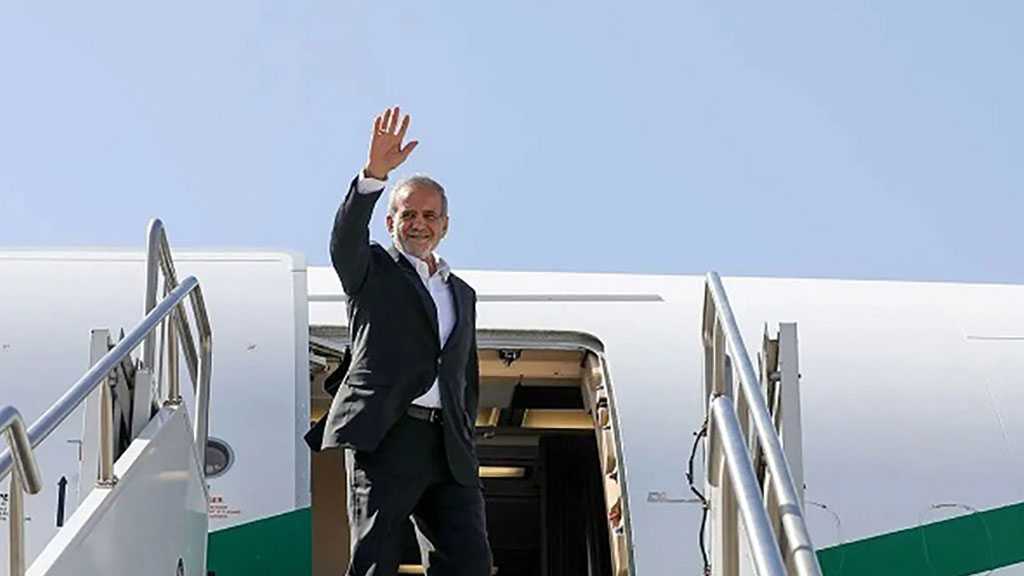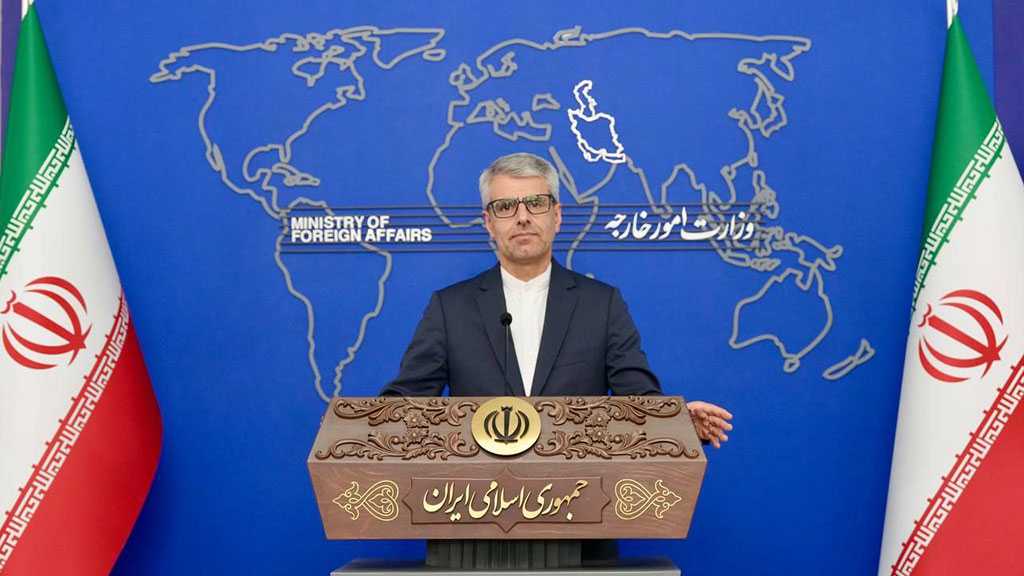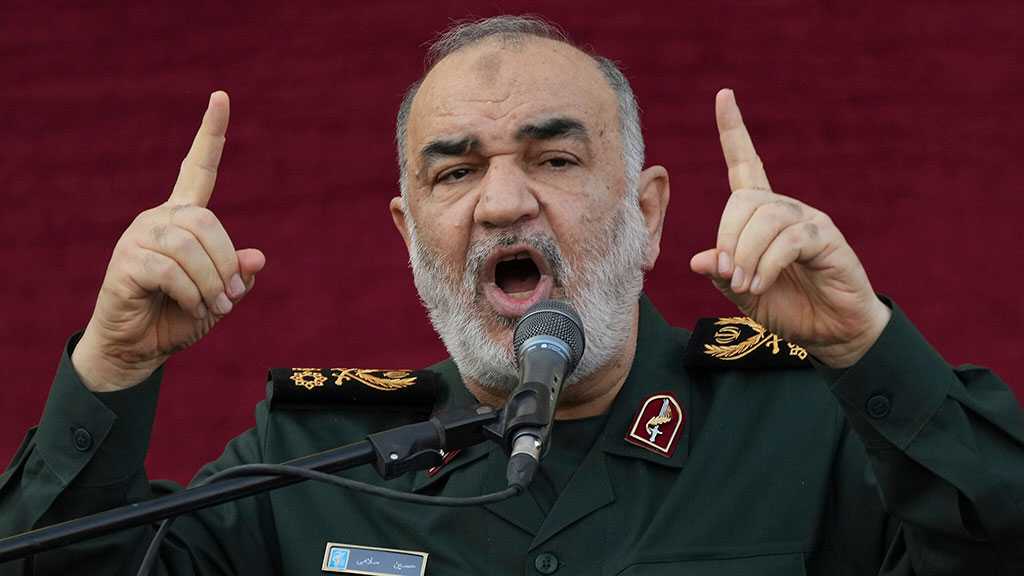Zarif: It Would Be «Suicidal» to Engage in War with Iran
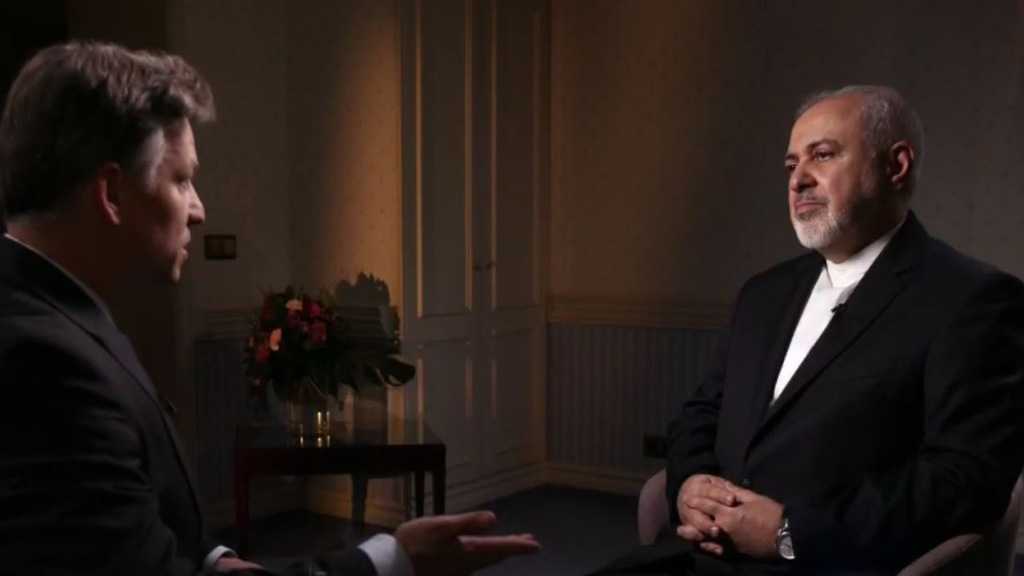
By Staff, NBC News
Iran's foreign minister, Mohammad Javad Zarif, has warned the US and its allies that it would be "suicidal" to start a war with Iran, accusing Washington of having a "pathological obsession" with his country.
Zarif said that the "same gang" behind the 2003 Iraq War are "at it again" in pushing for war with his country, according to an interview with NBC News on Friday.
"I'm not saying President Trump's administration, I'm saying people in President Trump’s administration are trying to create the same eventuality and I believe they will fail," he said.
Still, he said he hoped "some sense will prevail" but warned that "people will find out that it's suicidal to engage in a war with Iran."
Zarif also appeared to dismiss the idea of renegotiating the landmark 2015 Iran nuclear deal that aimed to curb the country's weapons program in exchange for sanctions relief.
On Iran's missile program, Zarif confirmed that his country had suffered two failed attempts to launch satellites over the past two months. He said it was possible this was because of a sabotage campaign by the US as suggested by a New York Times report this week.
He said that Iran had already been investigating these failures but was now "looking into the specifics" because of the article in The Times.
"It's quite possible. We don't know yet," he said of a possible US sabotage campaign. "We need to look into it very carefully."
Regarding the Warsaw meeting, Zarif said it was a "huge failure" because it showed, adding that to him, how "totally, totally isolated in the world" the US has become over Iran.
Asked whether Iran was open to revisiting the 2015 nuclear deal, Zarif said he saw no reason to do this because the original agreement was so complex and painstakingly negotiated.
"The nuclear deal was the result of 13 years of negotiations," he said. "We produced not the two-page document that President Trump signed with the chairman of North Korea but a 150-page document," he added, referring to Trump's accord with North Korea's Kim Jong-Un last year that was widely criticized for being too brief and vague.
Zarif pointed to agreements the Trump administration has pulled out of, such as the Intermediate Nuclear Forces Treaty, the North American Free Trade Agreement and the Paris Climate Agreement.
"You name it, they've withdrawn from it," he said.
Another source of friction between the West and Iran is Syria, where Tehran is allied with the Syrian government of President Bashar al-Assad as well as Russia. The US, much of the West and other Arab countries have been supporting armed groups revolting against the Syrian government.
Regarding the situation in Syria, Zarif explained that it doesn’t mean that the pro-Syrian coalition – otherwise known as the Resistance axis – is declaring victory.
"Everybody lost, the people of Syria lost," he said. But "most of the bloodshed has ended, and that's a major accomplishment."
He called on the US and the rest of the world to support the summit in Sochi, calling it "the only peace game in town."
"I hope the rest of the world will come to realize that our gain will not be their loss, if we gain in ending this war," he said.
Comments
